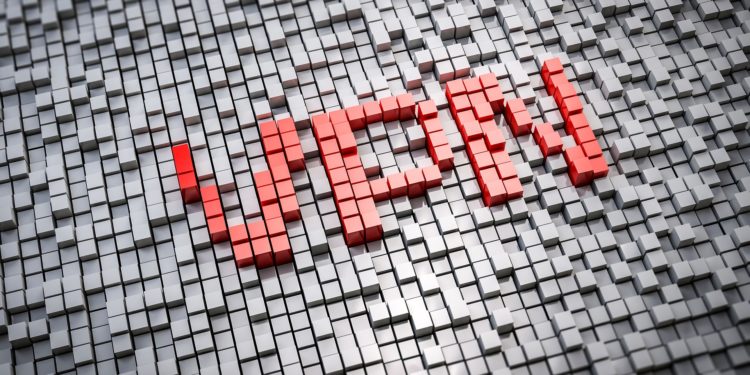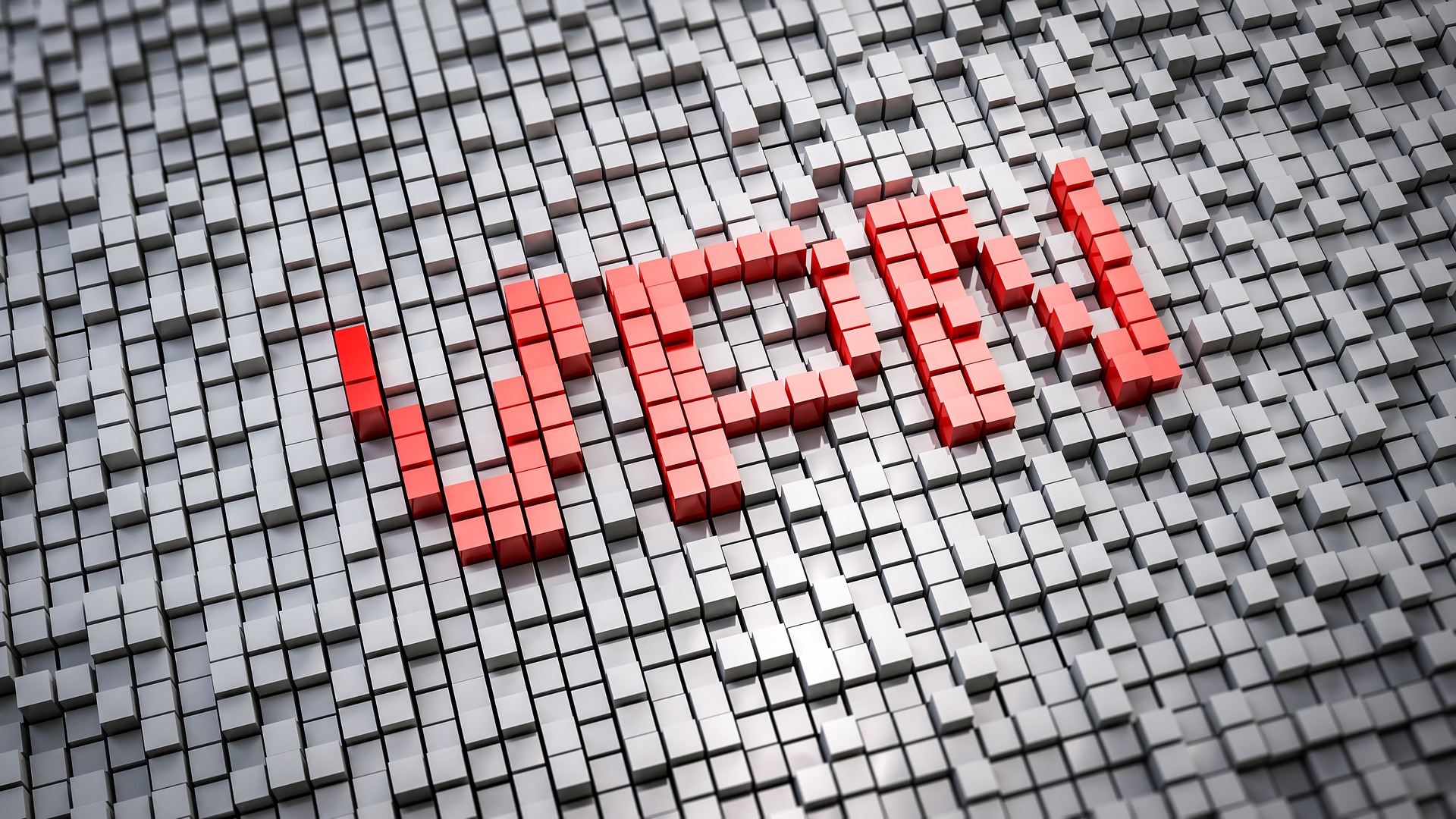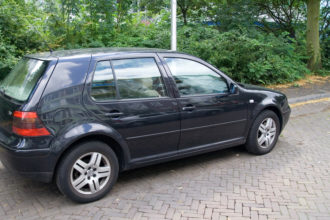Why You Need to Use a VPN While Traveling


While it may seem innocent enough, using the internet while traveling can open you up to computer virus, stolen information, or data breaches. Many of us are in the habit of using public wi-fi, especially when traveling through airports, at hotels, or in parks and libraries. Some of us may even be guilty of using public computers while away from home and logging into personal email account or social media accounts. Unfortunately, using open wi-fi is not the same as using your password-protected home network.
Smart hackers have taken advantage of our need to always be online and are building smarter and more efficient ways to hack into person computers that connect to public wi-fi. Fortunately, VPN technology can keep you and your personal information safe when traveling.
What VPNs Do
Popularized for internet work in businesses, VPN simply creates a safe connection to the internet. A VPN, or virtual private network, allows you to remotely connect to another network over the internet. By connecting to a server or endpoint that you know is safe, you can freely access the internet away from the prying eyes of anyone not on that VPN.
VPNs are vital when traveling for security reasons. By connecting to the VPN you keep all your data to your own VPN – not out in the open on public wi-fi. A VPN can also get around blocked websites in different countries. For example, if you are traveling to a region that doesn’t allow you to access some site, using a home VPN makes your traffic look like it is coming from your home, and can bypass geographic restrictions. VPNs can also provide some anonymity online, by not providing your true location. They can be used on desktops, mobile devices and tablets.
How To Get Started
To find the right VPN for you, you must understand what VPN services you are looking for. Do you want to simply keep your information out of public wi-fi, or are you looking for a solution to stream video content not in your geography? Most VPNs are quite simple to download and use but they do offer different costs, streaming limitations and extras. Read up on some reviews before you choose the right VPN for you.
Once you’ve selected the right VPN for you, it is easy to get started. Start them up once you have connected to the internet, choose the server to connect to and after a few moments, your data is encrypted and safe. After you’ve connected it the first time, it will automatically connect to the same server. They are designed to keep all of your online activities secure including email, streaming videos, and music, or even browsing Facebook.
Not Having a VPN Ads Security Risks
While free internet while you travel may be convenient, it opens you up to many threats. Not using a VPN means that any data you have on your device, could be seen by others on the same public wi-fi. While most people may not know how to access this information or use it, nefarious hackers see it as an easy way to grab banking information, computer passwords, and personal info.
VPN May Slow Your Speed
One of the downsides of using VPNs is the speed. It may end up slowing down your connection, because your data is going through another server, instead of directly to its end point. How much the connection speed decreases will depend on the distance from the network, bandwidth, or overloaded networks. Overall, however, a slower load time is a small price to pay for safer data.
Don’t Be Caught Traveling Without a VPN
The bottom line is, whether you are traveling for business, pleasure, or both, you should have a VPN to make sure your information stays secure. Public wi-fi can be convenient and even vital, but you can assess it without handing over access to personal data. The only downside to using a VPN, slower connection speeds, is easily discounted when compared to the risks of losing all your data. VPNs are an inexpensive and vital way to protect yourself online.

